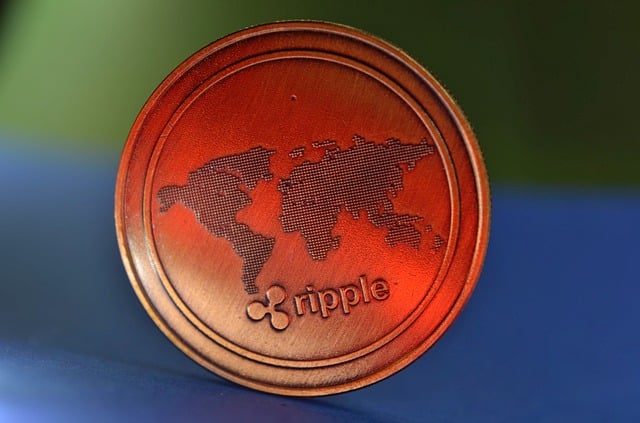Ripple CEO Brad Garlinghouse says the company’s Asia-Pacific operations have not been affected by the current regulatory issues in the United States.
Business As Usual
Despite being in the midst of a $1.3 billion lawsuit with the US Securities and Exchange Commission, it appears that “business as usual” for Ripple. In a conversation with Reuters on Friday, Garlinghouse revealed that the company has seen no adverse effects in the Asia-Pacific (APAC) amid the current SEC lawsuit:
The lawsuit has stunted activity in the United States, but it hasn’t really affected what we do in Asia Pacific.
In December 2020, the SEC accused Ripple and its key executives of violating securities laws in the sale of XRP tokens since 2013.
Brad Garlinghouse said:
We managed to grow the business in Asia and Japan because we had regulatory clarity in those markets.
Indeed, Japan and other APAC countries have been historically favorable to Ripple and XRP. Ripple is even part of a joint venture with Japanese SBI Holdings to form SBI Ripple. The JV company is at the heart of numerous projects targeting a Ripple-powered payment corridor in Asia.
In March 2020, the blockchain payment company, Ripple expanded further into Southeast Asia, by partnering with DeeMoney, a Thai fintech company.
Read: Ripple Creates Private Blockchain For Central Banks Launching CBDCs
Garlinghouse also downplayed the effects of delisting or stopping XRP token trading in the US. According to Ripple’s CEO, more than 200 platforms around the world have XRP trading pairs.
Aside from US crypto exchanges, asset managers and cryptocurrency funds such as Bitwise and Grayscale have also liquidated their XRP positions.
In December, the Ripple CEO revealed that only 5% of the company’s customers lived in the United States. Garlinghouse has previously stated that the company is considering moving out of the US if regulations fail to improve.
Meanwhile, both Garlinghouse and Ripple’s executive chairman Chris Larsen have moved on to file separate motions to dismiss the case. Their lawyers say the Treasury Department’s Financial Crimes Enforcement Network (FinCEN) previously classified XRP as a virtual currency.
DisClamier: This content is informational and should not be considered financial advice. The views expressed in this article may include the author's personal opinions and do not reflect The Crypto Basic opinion. Readers are encouraged to do thorough research before making any investment decisions. The Crypto Basic is not responsible for any financial losses.



